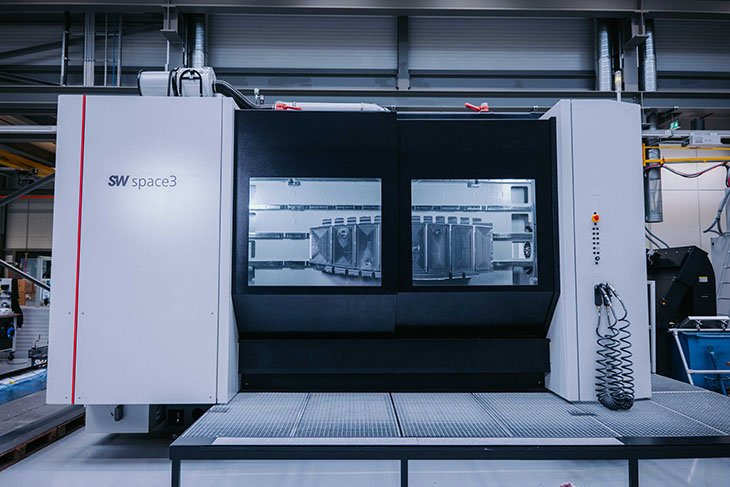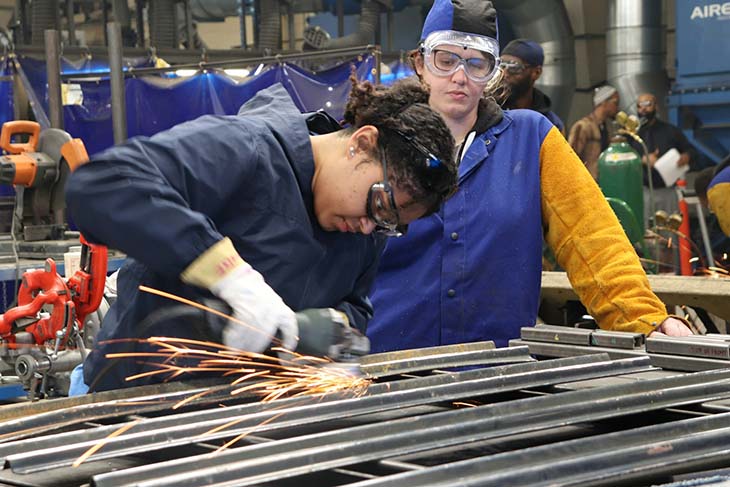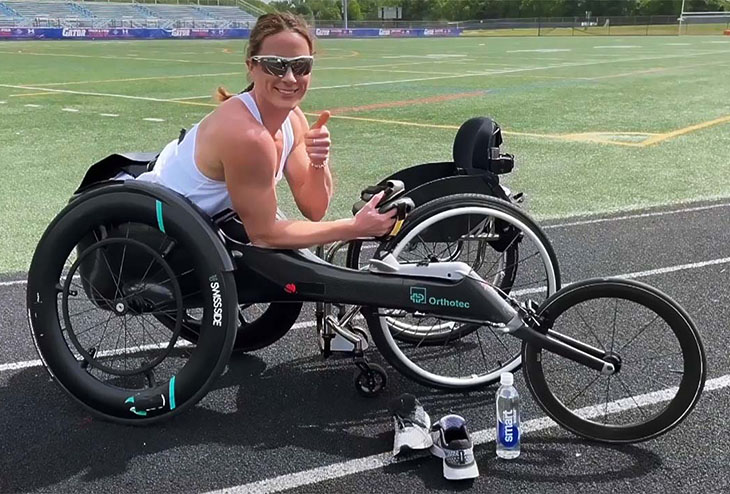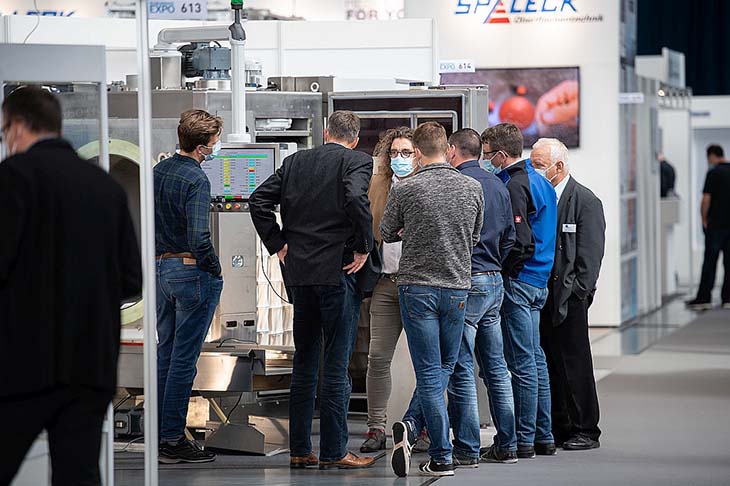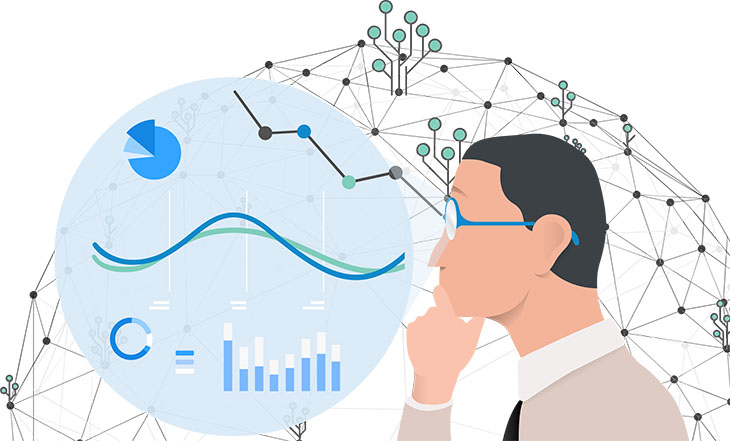In Q3 of 2017 WBR Digital & Smart Manufacturing Leaders Summit surveyed 100 Heads of Manufacturing. The research targeted a range sectors from Automotive and Defence to FMCG. Respondents to the survey were VP’s of Manufacturing and Operations, Directors of IT, and others of an equal standing.
When asked about what is the biggest challenge in implementing new technology and growing your smart manufacturing strategy, 31% of respondents recognised system integration as the biggest challenge to implementing new technology and development of a smart manufacturing strategy. Also lack of clear ROI on new technology and no clear decision maker on smart manufacturing investments had high response rates as the biggest challenges the respondents have experienced.
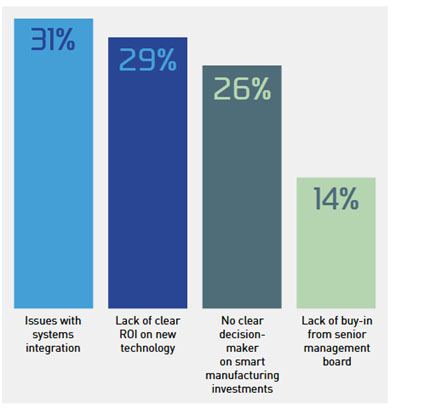
The represented results were analysed and commented by the Smart Manufacturing community, who had varied viewpoints on the challenges in implementing new technology and growing smart manufacturing strategy.
Paul Mairl, Vice President Programme Management and Industry 4.0 at GKN, agrees with the majority of the respondes:“System integration and communication between the systems will help to make your data richer and more valuable. It will turn simple manufacturing data into quality and people-performance data, making your business processes data cross functional and much more useful.”
Klaus Eimann, Head of Laser Machining and Additive Manufacturing at Procter and Gamble, believes that “The biggest challenge is the conviction of the top management to invest right now, before the train leaves. To wait until innovative technologies can be bought on the market as standard, is to miss the connection.”
However, KalmanTiboldi, Chief Business Innovation Officer at TVH has different of opinion: “For me the biggest challenge is building a new mentality and culture of change and innovation inside of the company. This has to be initiated by C-level management and disseminated through the organisation. There are several technological challenges, including integration with existing systems, but this is specific for existing business process. The real disruptive transformation should be built along side existing product & service portfolios, which is more of anorganisational challenge.”
To read more about the key findings, you can download the full report for free here.These topics and challenges highlighted in the report are the main focus points for Smart Manufacturing Leaders Summit 2018, which will provide many interactive sessions discussing these issues as well as many other manufacturing challenges. Download the event agenda here so see all about the sessions covered at the Summit!










